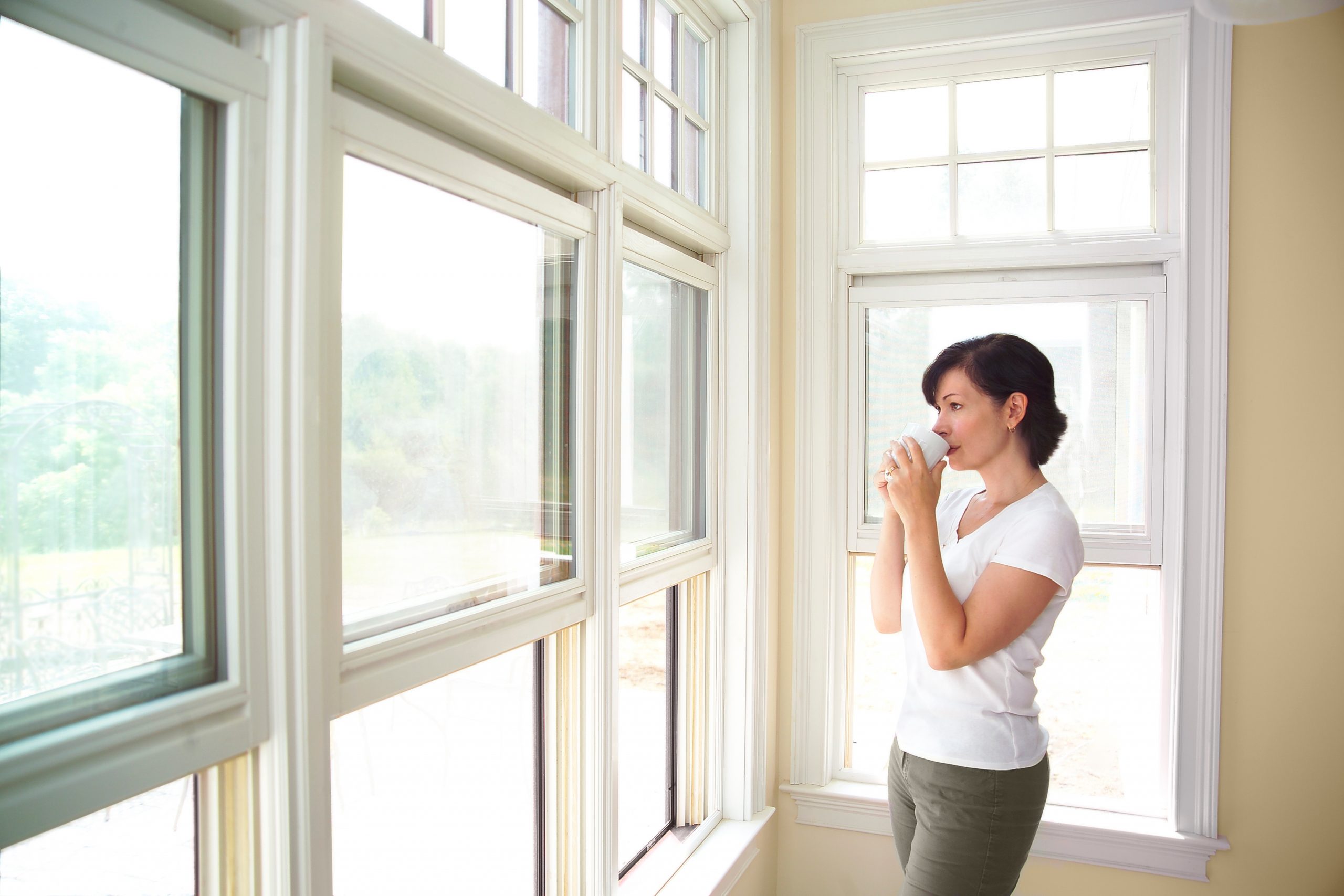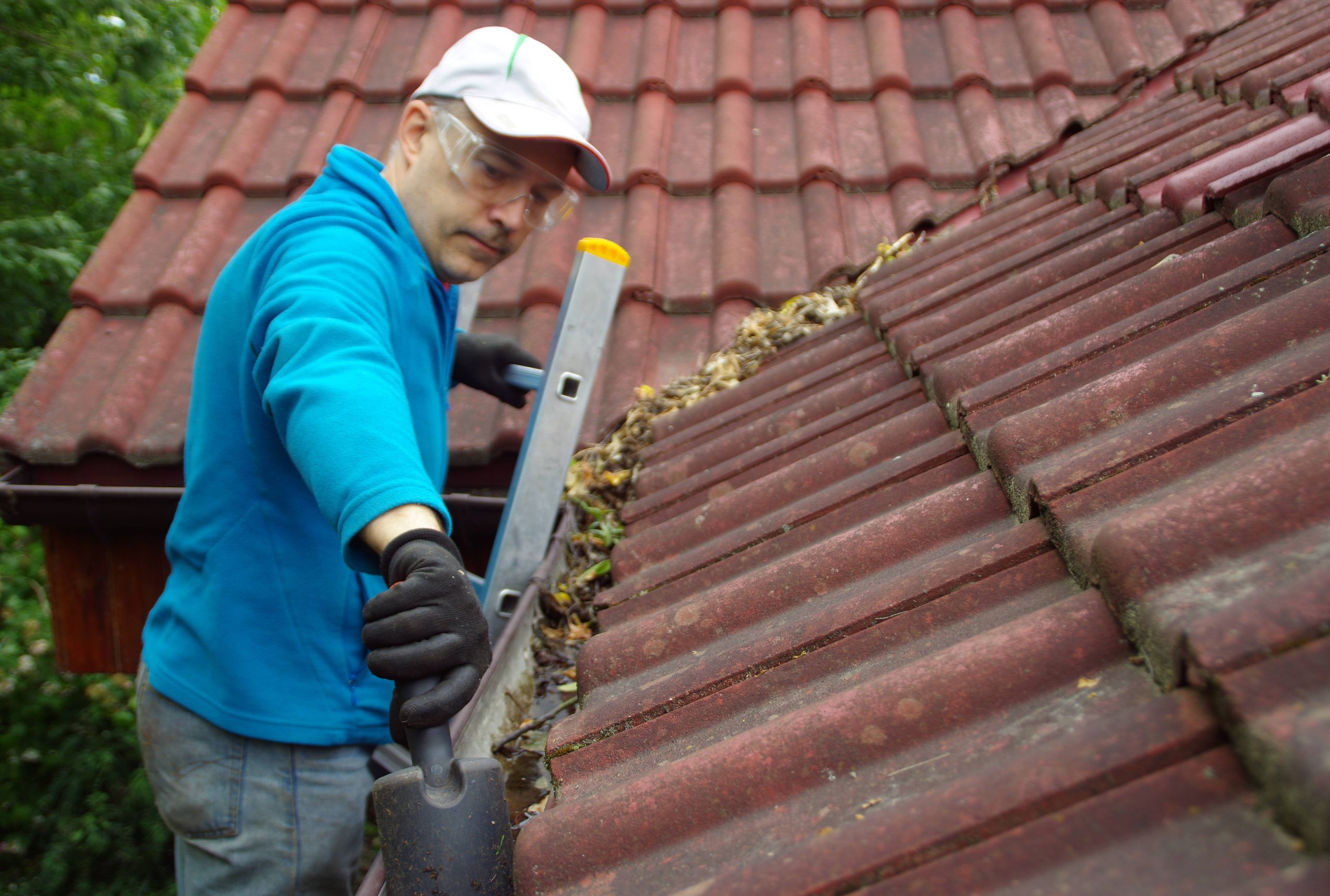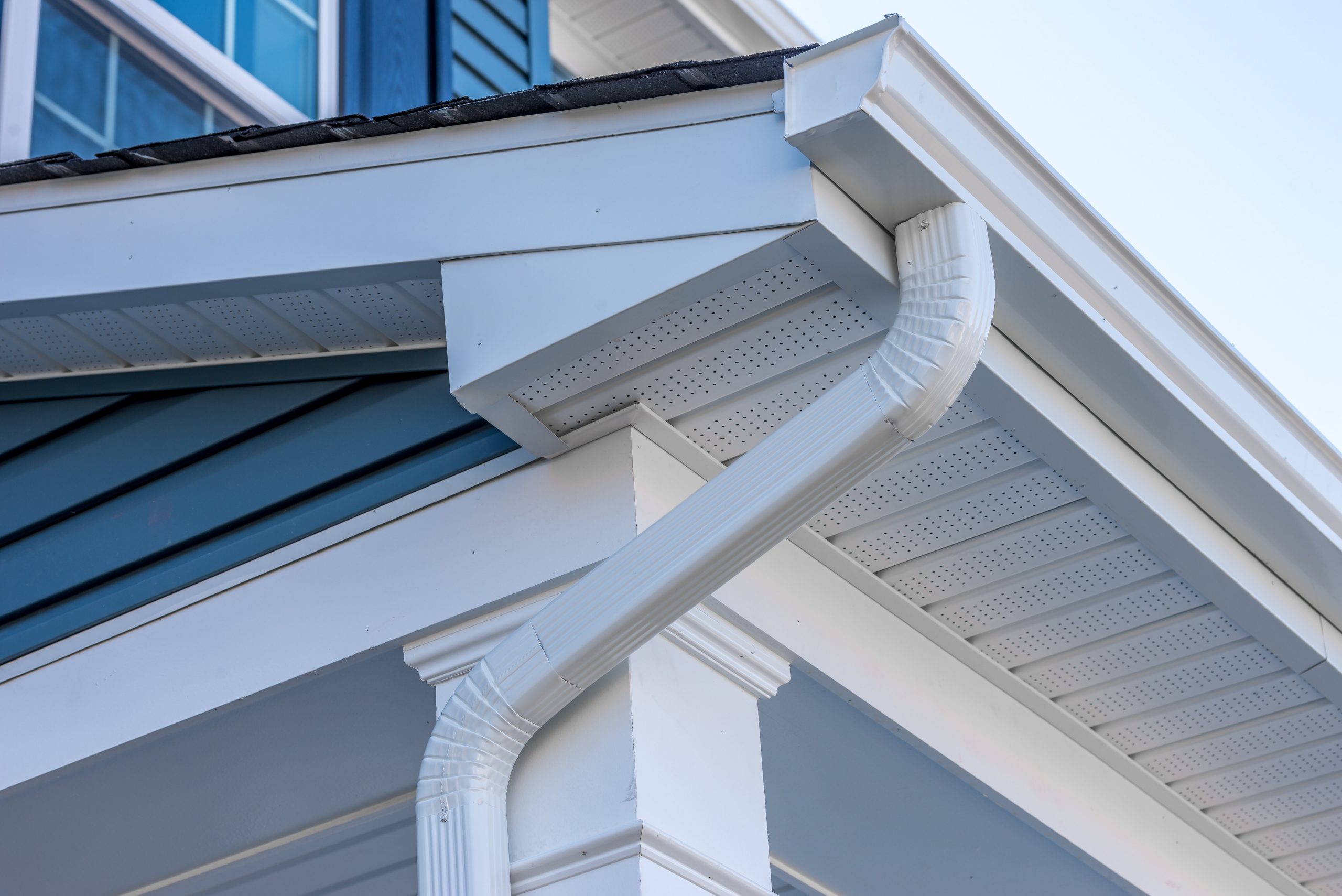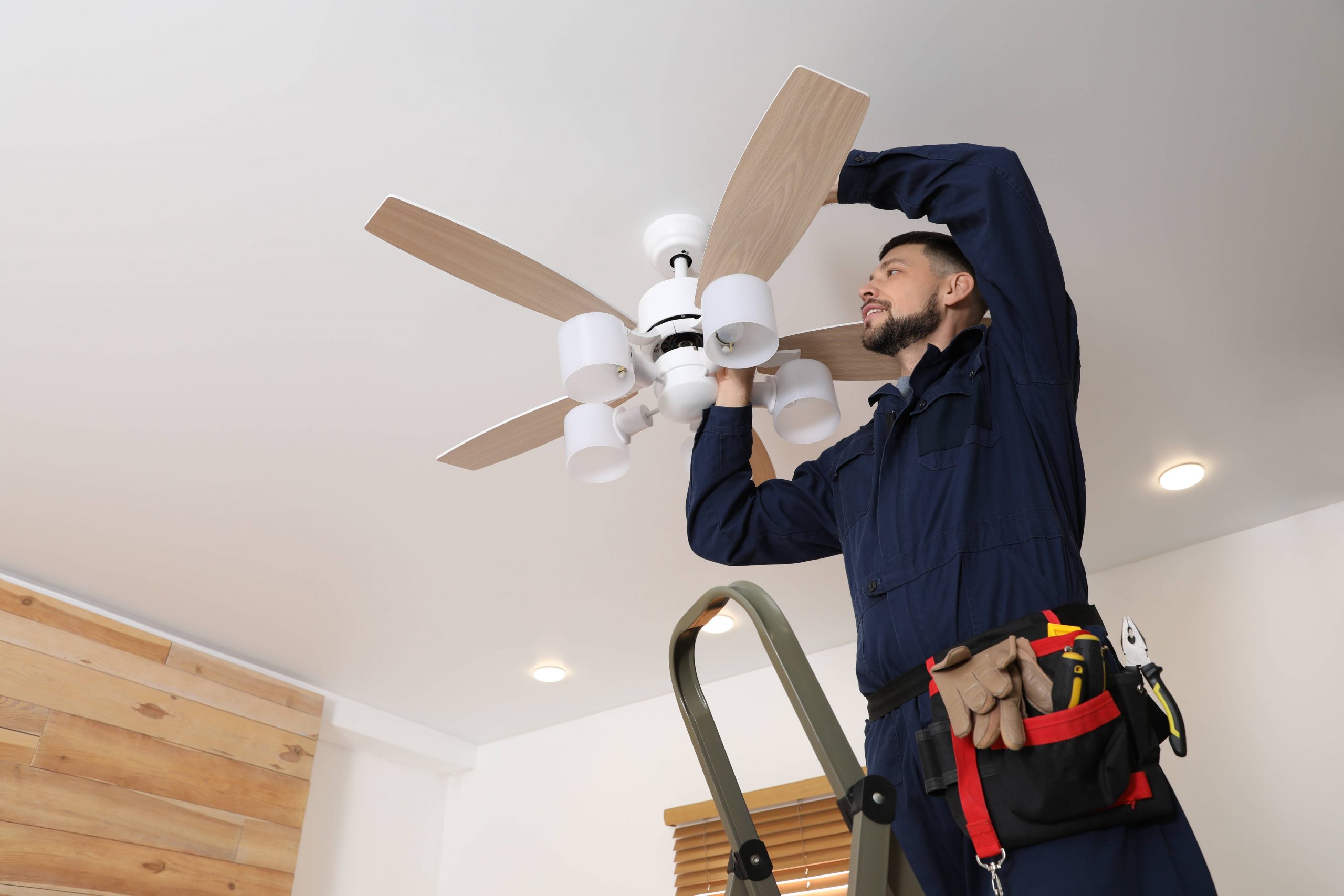Table of Contents
Choosing the Right Windows: Materials and Costs Explained
Welcome to Casability’s guide on window materials! Windows are a key component of your home, impacting its appearance, energy efficiency, and comfort. This article will explore the different types of window materials, their costs, and benefits, helping you make an informed decision that aligns with your budget and needs.

🔥 Buy One, Get One 40% OFF + $200 OFF
- Energy Star Award 2024 for Sustained Excellence
- Custom-crafted Windows & Professional Installation
- Hassle-free Process From Start to Finish
- In-home, No-obligation Consultation
- Replaced 8.5M+ Windows in 1 Million+ Homes
- Standard & Specialty Replacement Windows
- Expert Installation by Licensed Professionals
- Flexible & Affordable Financing Options
- Trusted Brands Including: Simonton, Ply Gem, Jeld-Wen, Milgard & ProtecSure
- Connects you with nearby Window Installation experts
- Get access to listed contractors using your zip code
- Directly contact the contractor of your choice or schedule a service
- BBB Accredited with an A+ Rating
Understanding Window Materials
Windows come in various materials, each with unique properties and price points. Your choice will depend on factors like climate, home style, and how much you’re willing to spend.
Vinyl Windows: Affordable and Low Maintenance
Vinyl windows are known for their affordability and low maintenance. Made from PVC, they offer good insulation and don’t require painting or staining.
Cost and Benefits
- Cost-Effective: Typically the most budget-friendly option. Prices range from $150 to $600 per window, depending on size and style.
- Low Maintenance: Resistant to moisture and decay. Vinyl windows require minimal upkeep, just occasional cleaning.
- Energy Efficiency: Good insulator, helping reduce energy bills. They are often double or triple glazed for added efficiency.
Wood Windows: Timeless Elegance
Wood windows offer a traditional and natural look that many homeowners love. They can be painted or stained to match your home’s decor.
Investment and Care
- Higher Cost: Generally more expensive than vinyl, with prices ranging from $300 to $1,000 per window.
- Maintenance Needs: Require regular painting or staining to prevent weather damage. This can be time-consuming and costly over the long term.
- Aesthetic Appeal: Adds a classic, warm touch to homes. Wood windows can enhance the character and value of your property.
Aluminum Windows: Durable and Modern
Aluminum windows are known for their strength, durability, and modern appearance. They are especially popular in contemporary home designs.
Cost and Characteristics
- Moderately Priced: Generally less expensive than wood but more than vinyl, costing between $300 and $700 per window.
- Low Maintenance: Resistant to rust and corrosion. They are easy to clean and do not require painting.
- Heat Conductivity: Less insulating than wood or vinyl, potentially leading to higher energy costs. Some aluminum windows have thermal breaks to improve insulation.
Fiberglass Windows: The Growing Trend
Fiberglass windows have been gaining popularity due to their durability and energy efficiency. They are made from glass fibers and resin, making them strong and low maintenance.
Pricing and Advantages
- Higher Cost: More expensive than vinyl and aluminum, but comparable to wood, typically costing between $500 and $1,500 per window.
- Energy Efficient: Excellent insulator and can reduce energy bills. Fiberglass windows expand and contract less than other materials, improving seal integrity.
- Durability: Resistant to warping, rotting, and corrosion. They have a long lifespan and require minimal maintenance.
Composite Windows: The Best of Both Worlds
Composite windows are made from a mixture of materials, like wood fibers and plastic. They aim to offer the benefits of both wood and vinyl.
Investment and Features
- Moderate to High Cost: Pricier than vinyl but can offer better aesthetics, with costs ranging from $400 to $1,200 per window.
- Low Maintenance: Resistant to decay and easy to care for. They combine the durability of synthetic materials with the aesthetic appeal of wood.
- Versatility: Available in various styles and finishes. Composite windows can be customized to suit a variety of architectural styles.
Cost Comparison: Finding Value
Balancing Budget and Quality
When comparing costs, consider not only the initial price but also long-term factors like maintenance, durability, and energy efficiency. More expensive windows like wood or fiberglass can offer greater energy savings over time, potentially offsetting their higher upfront cost.
Long-Term Savings
Investing in higher-quality windows can lead to significant energy savings. For example, fiberglass and composite windows have excellent insulating properties, which can reduce heating and cooling costs. Wood windows, while requiring more maintenance, can also add substantial value to your home.
Selecting the right window material is a crucial decision that impacts your home’s comfort, energy efficiency, and curb appeal. Whether you choose vinyl for its cost-effectiveness, wood for its classic beauty, or a more modern material like fiberglass, your choice should align with your home’s style, your climate, and your budget. Casability is here to help guide you through this decision, ensuring that you find the perfect windows for your home. Remember, a wise window choice not only adds to your home’s aesthetics but also contributes to its long-term value and efficiency.







